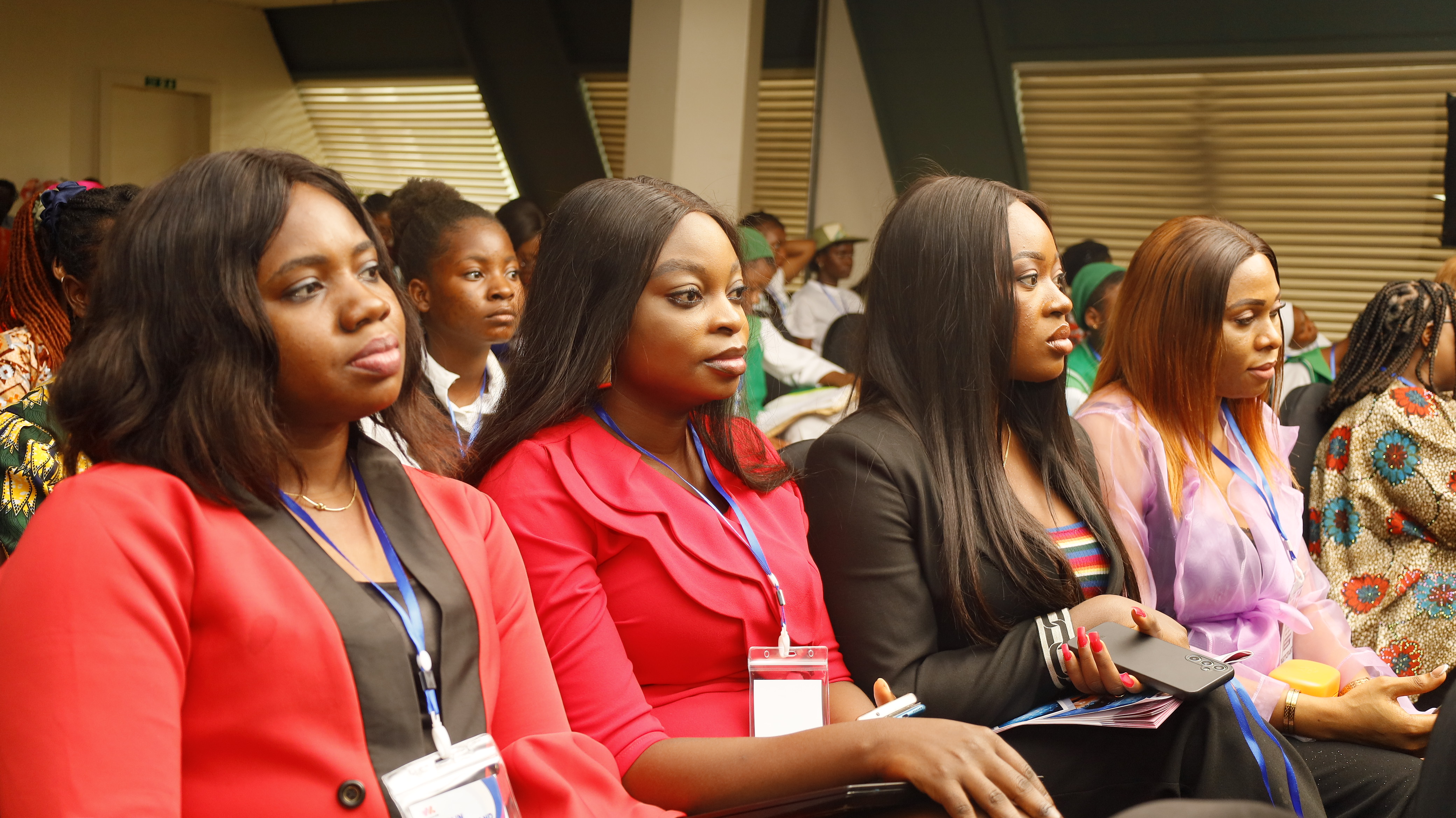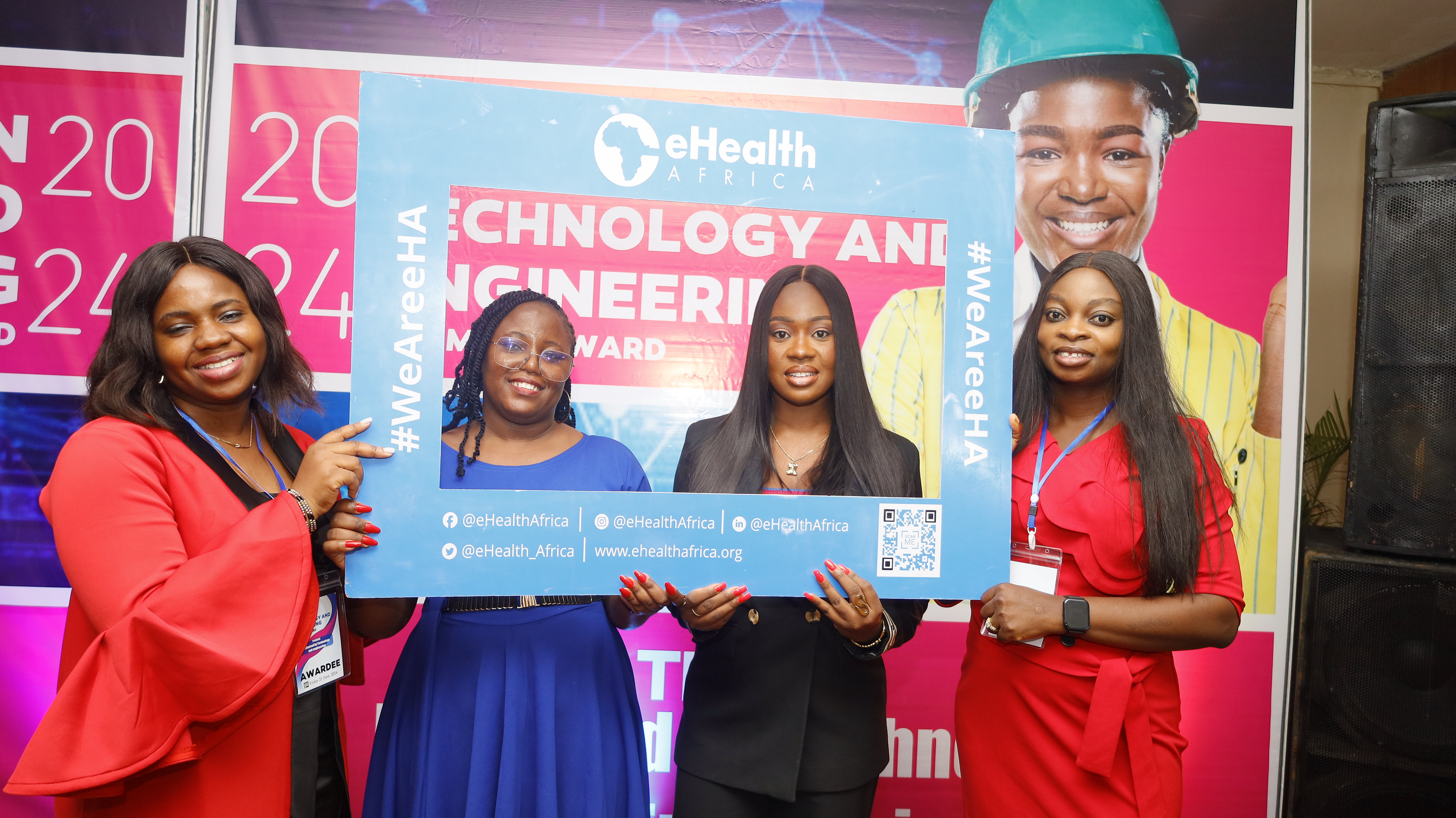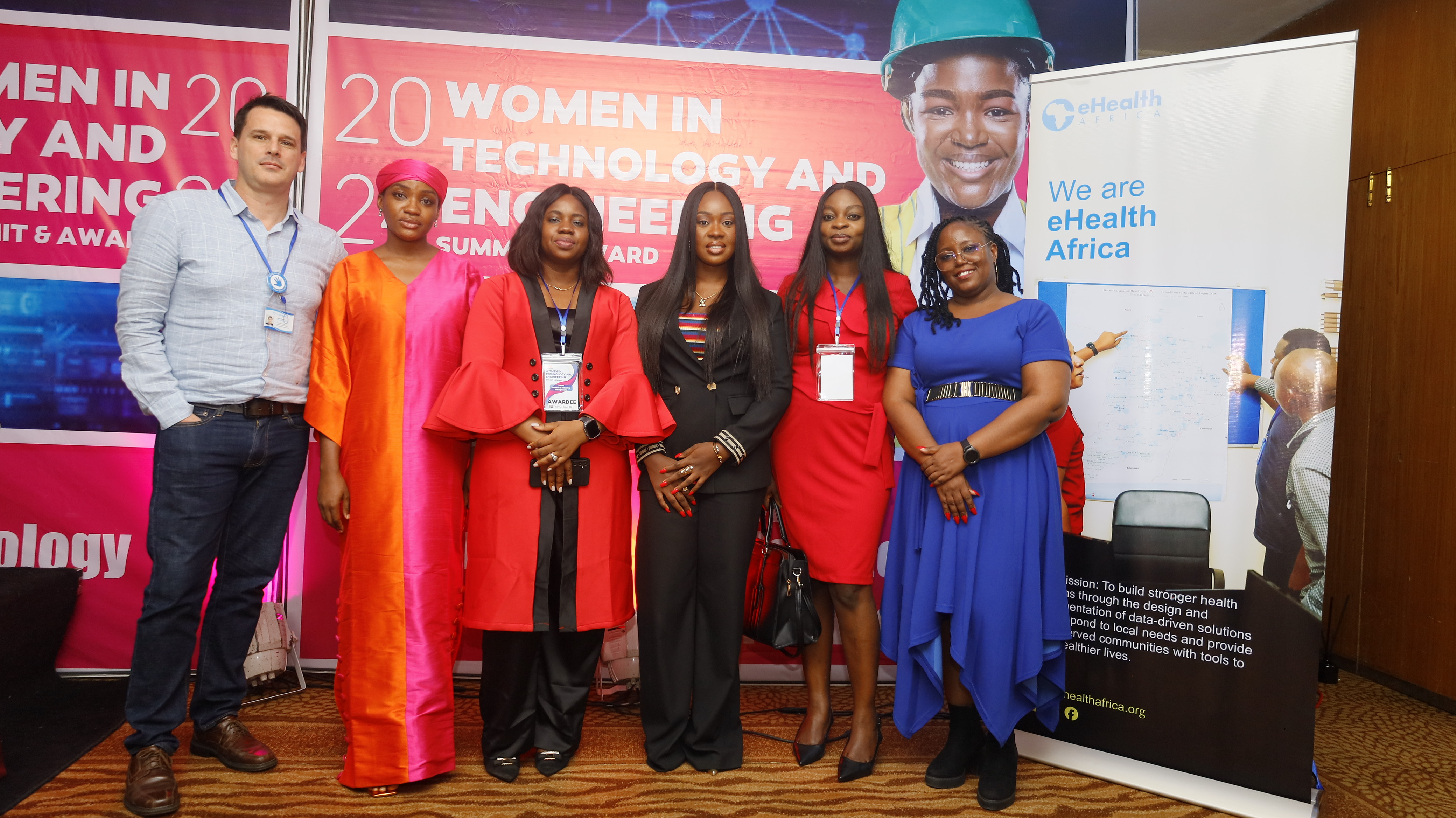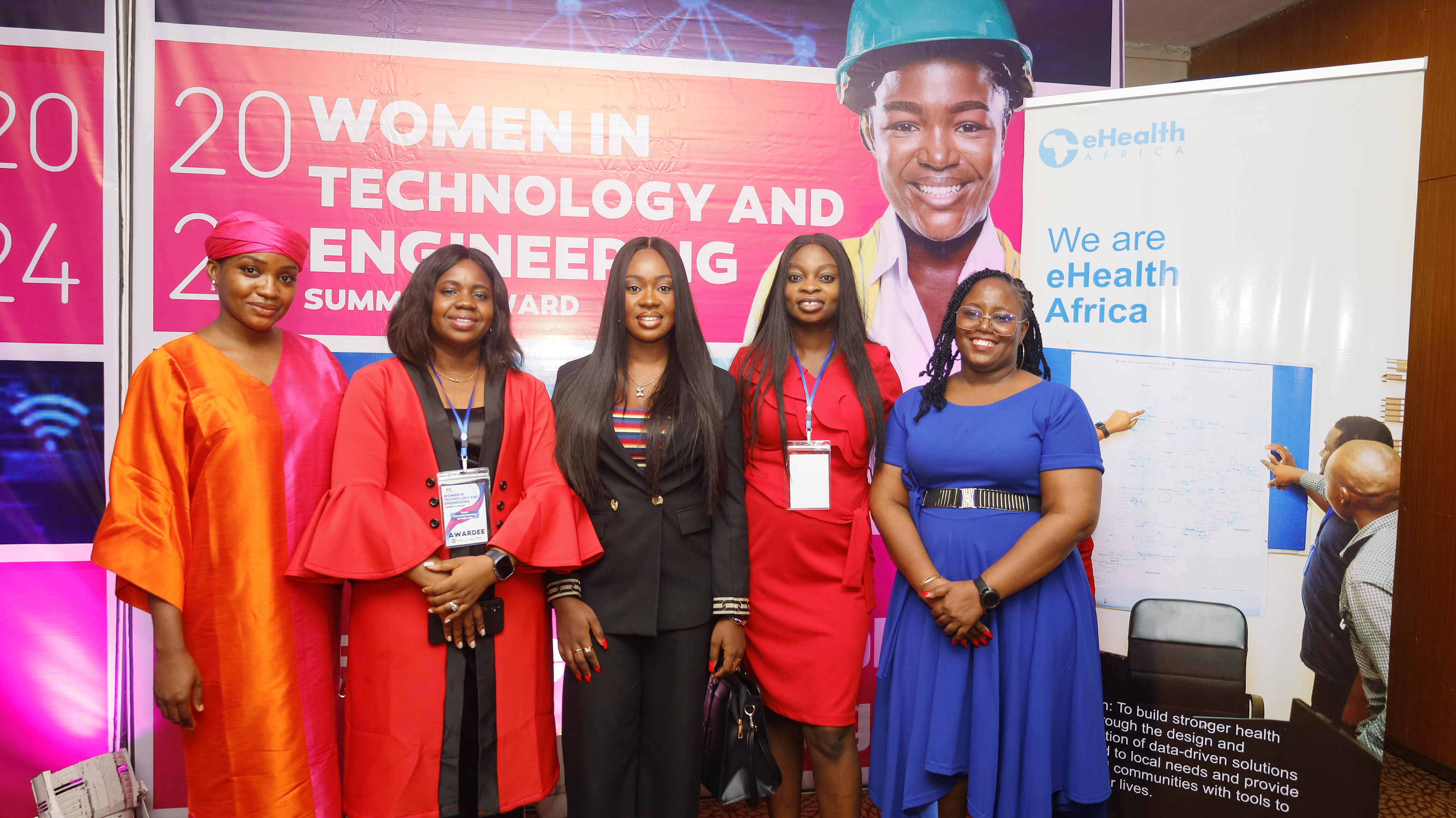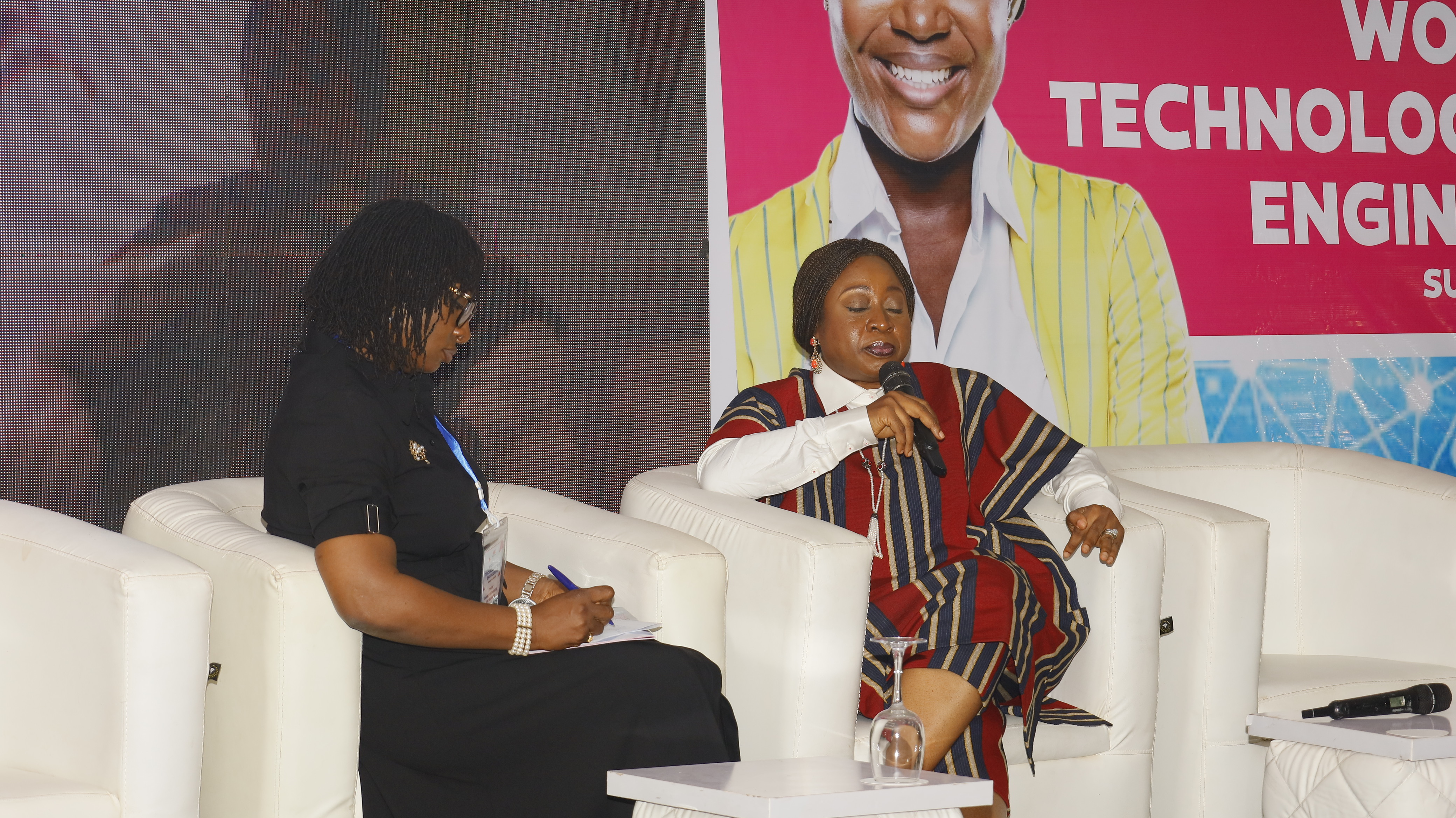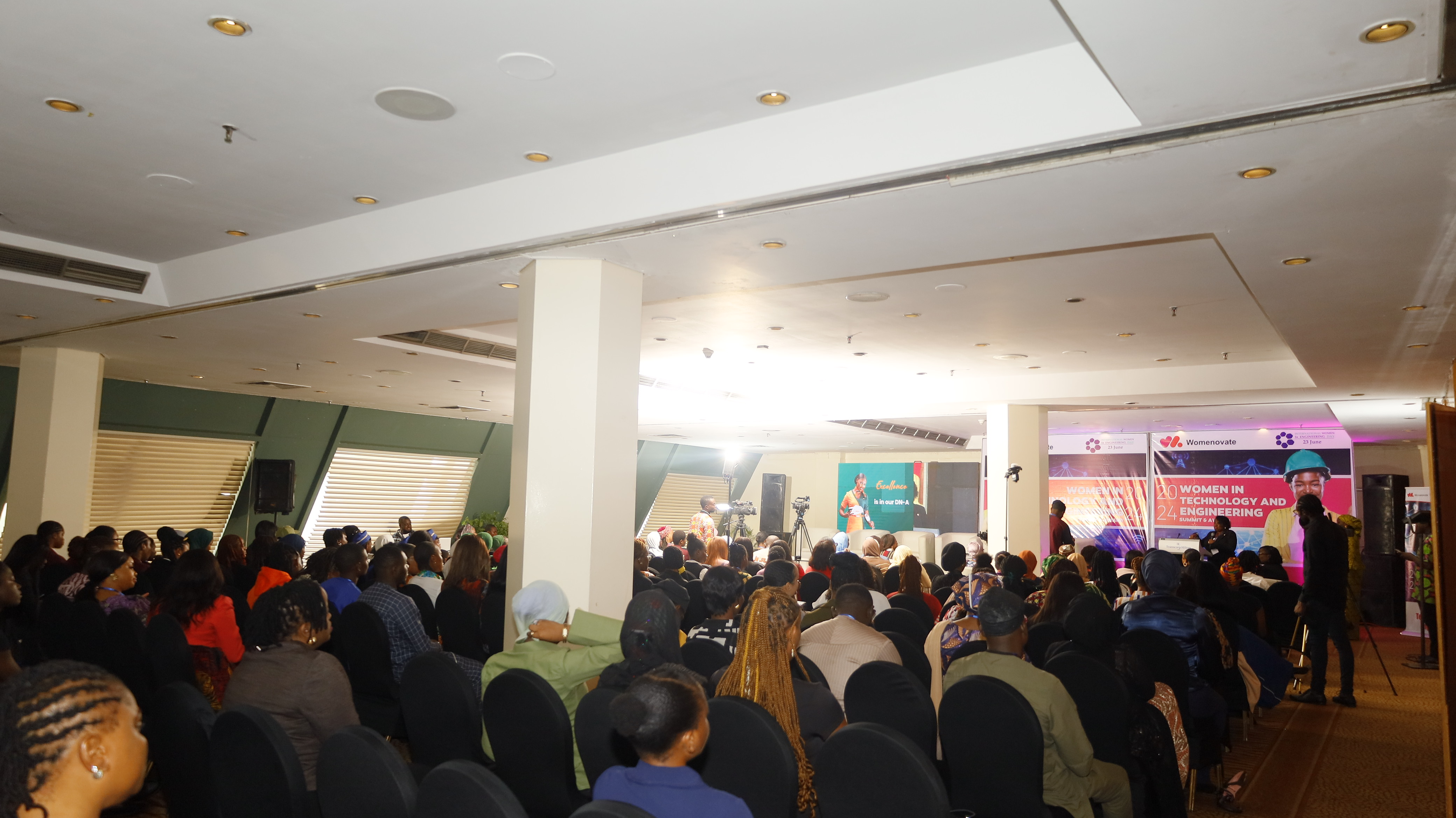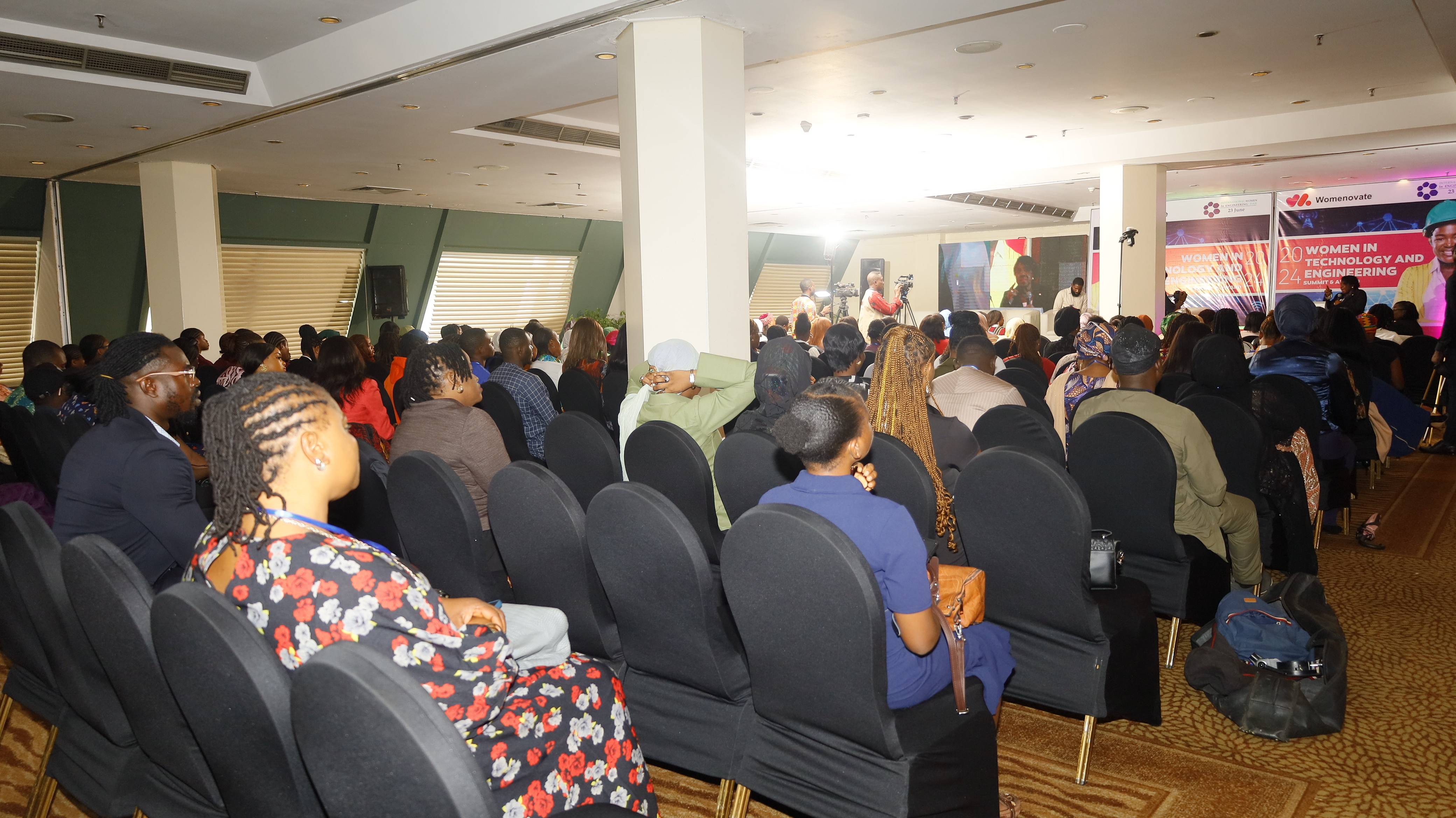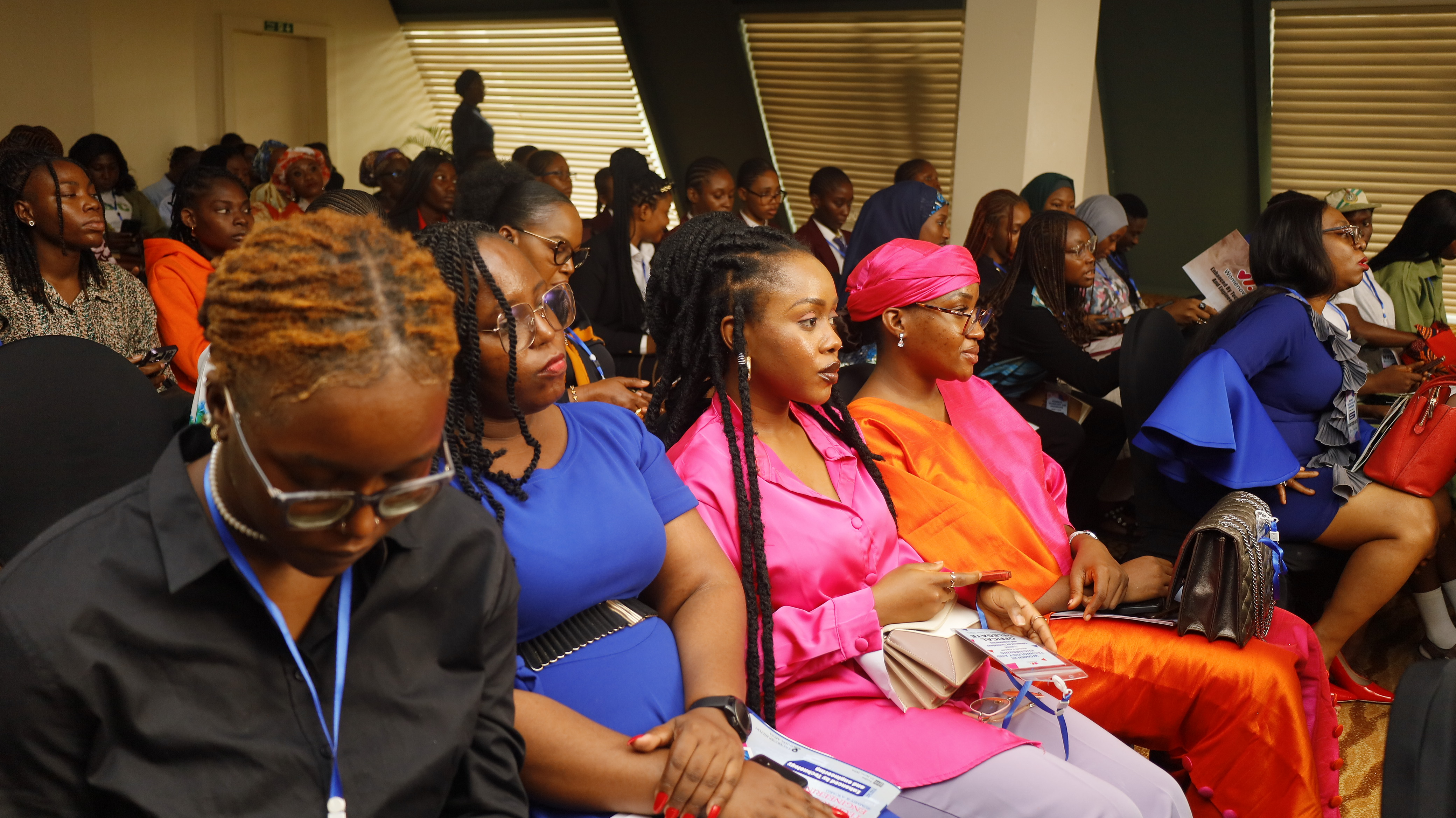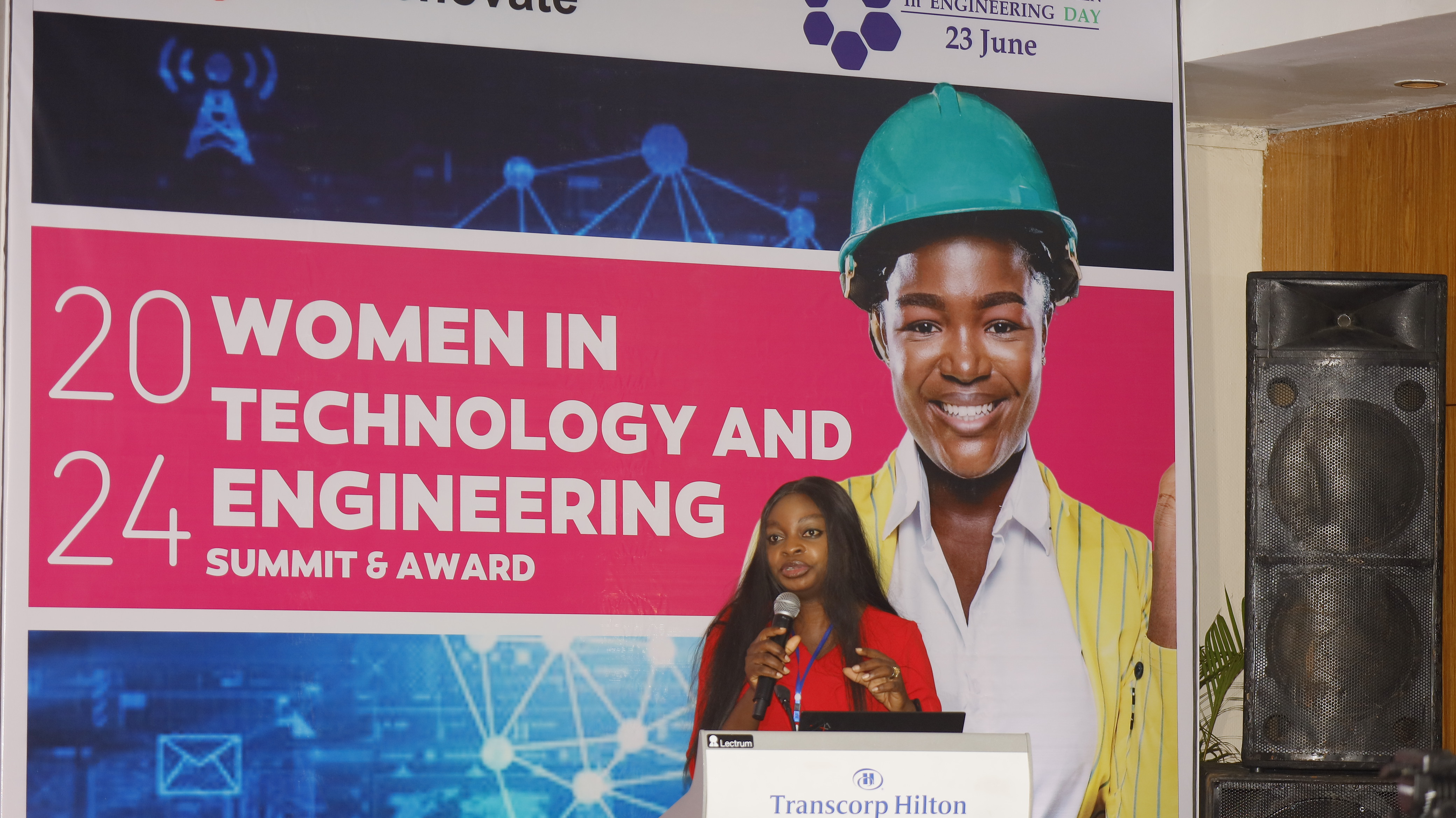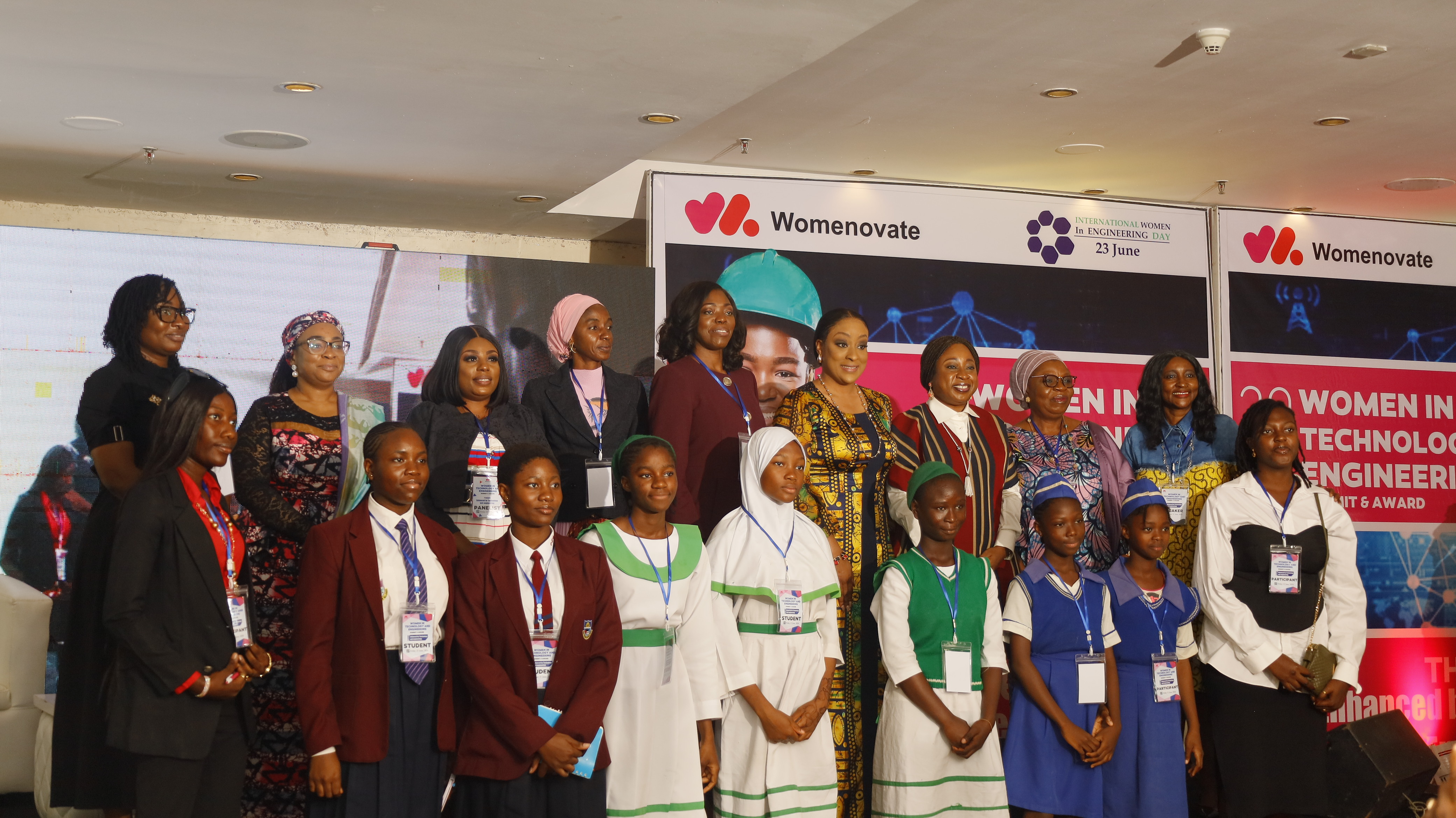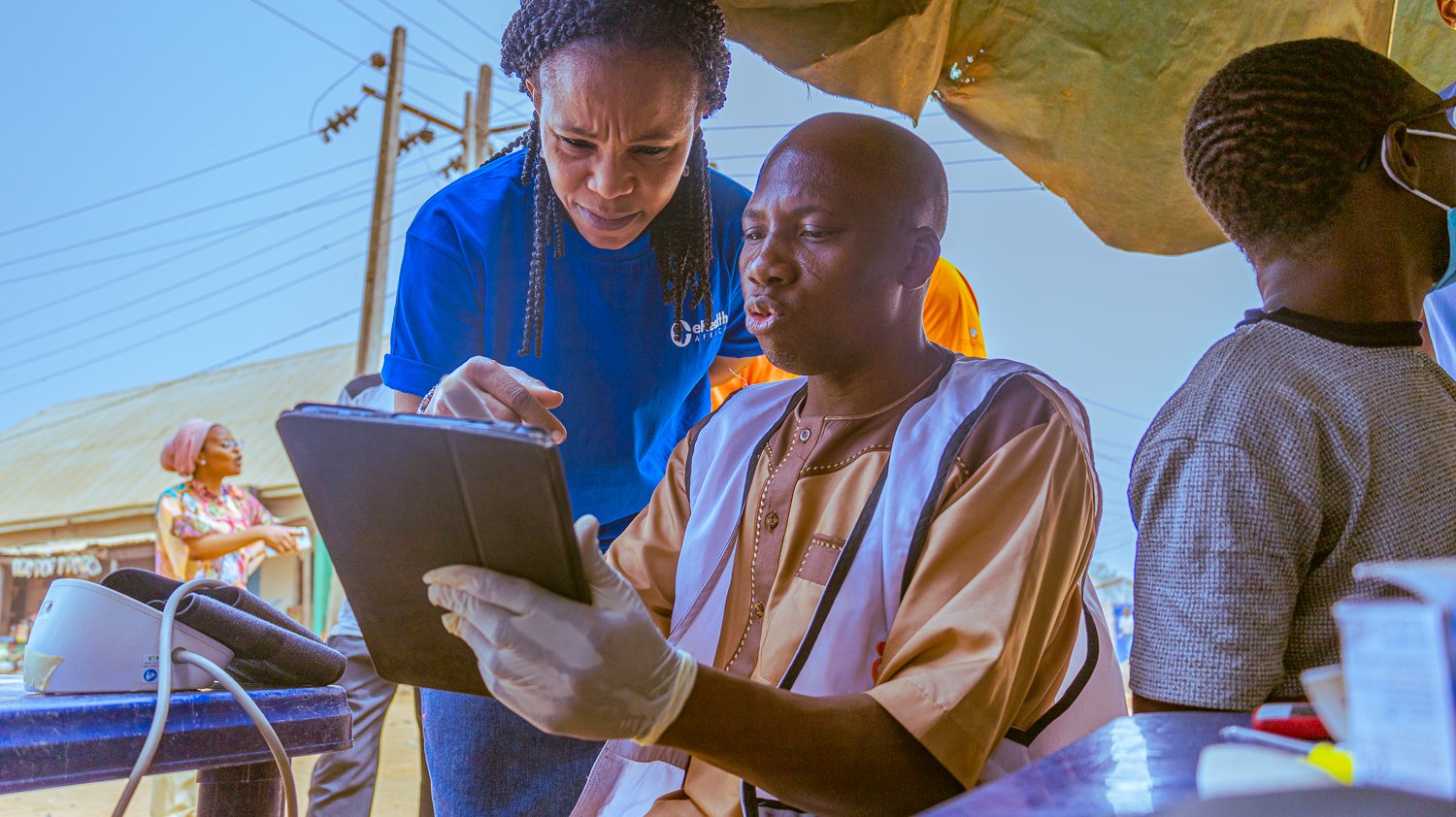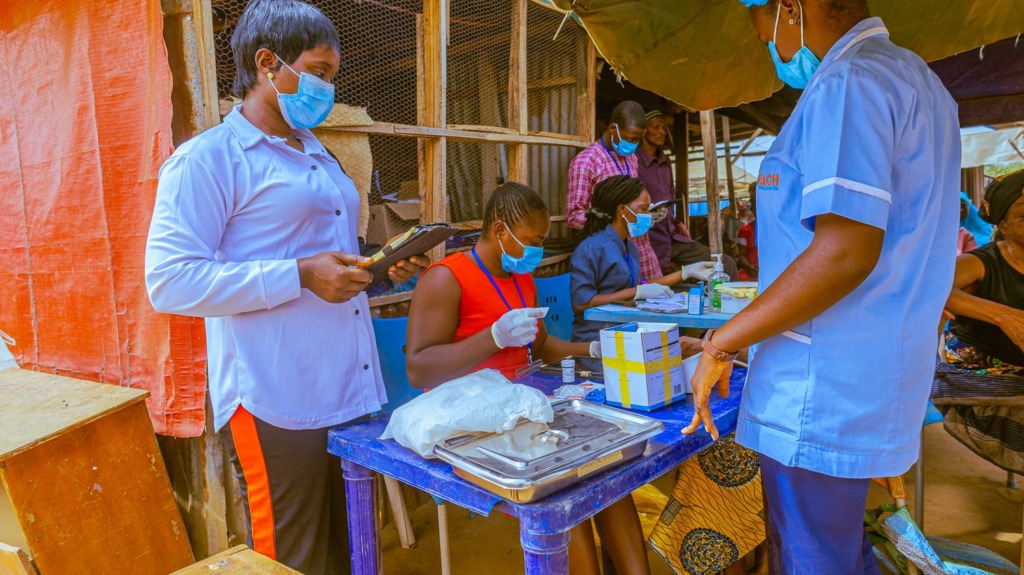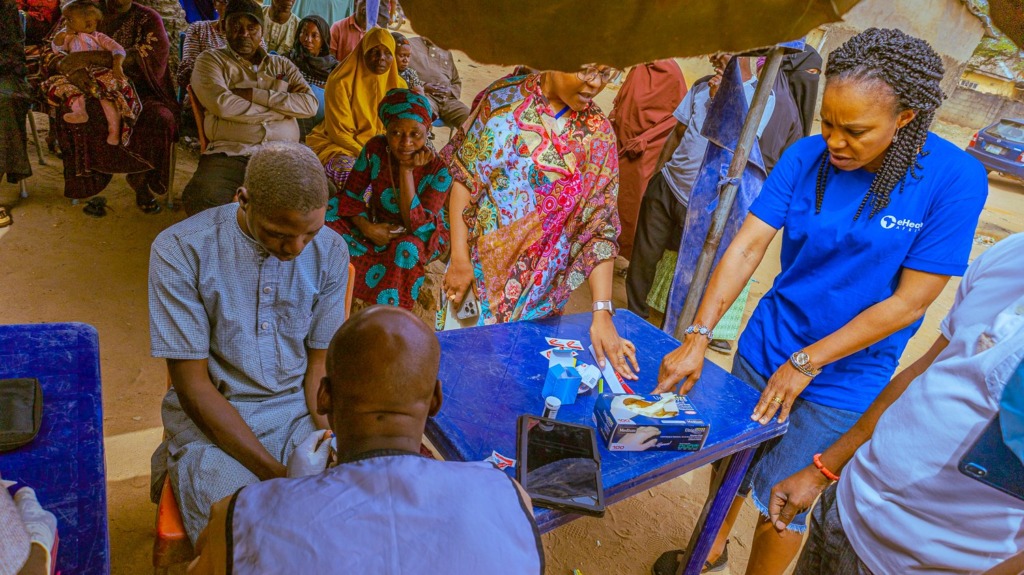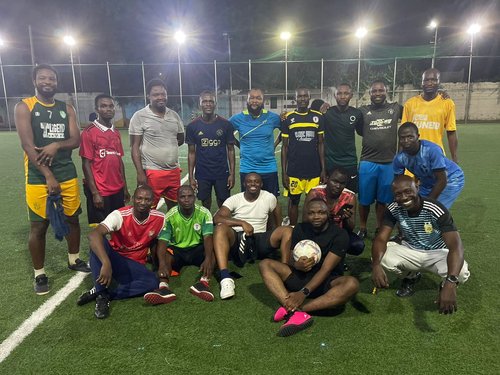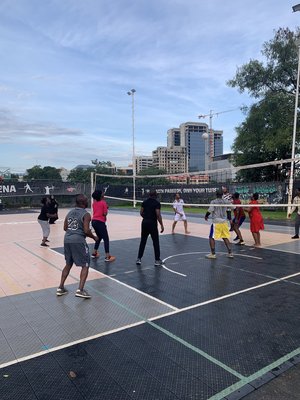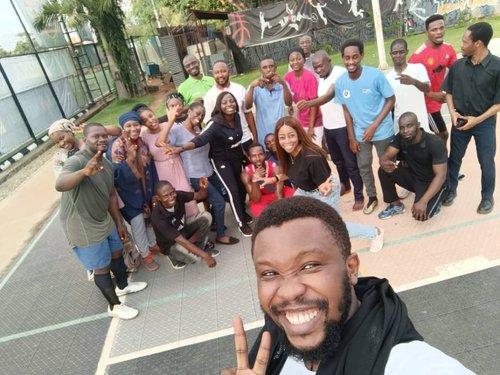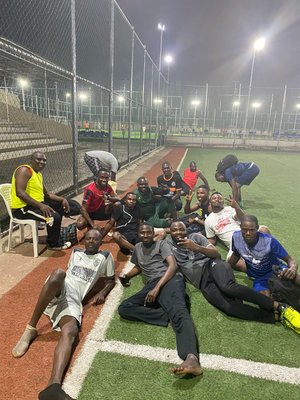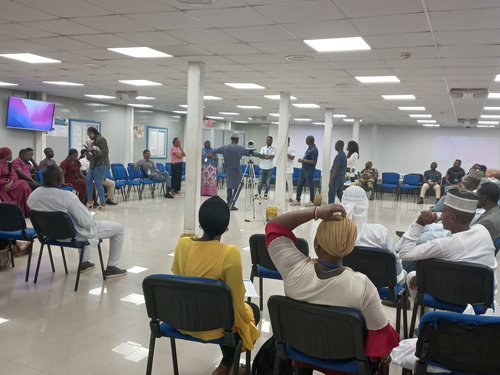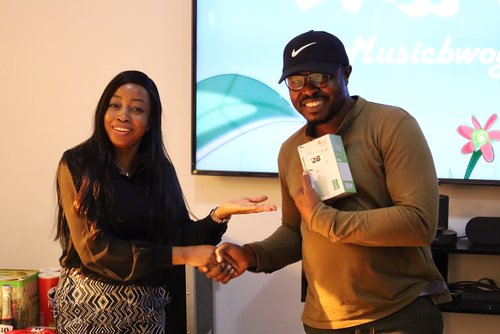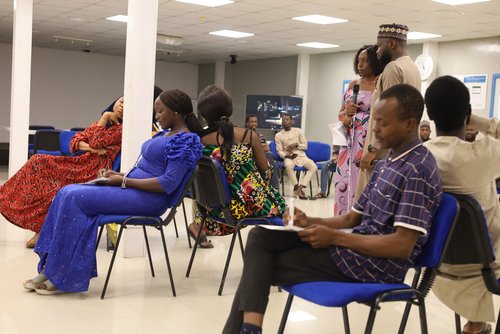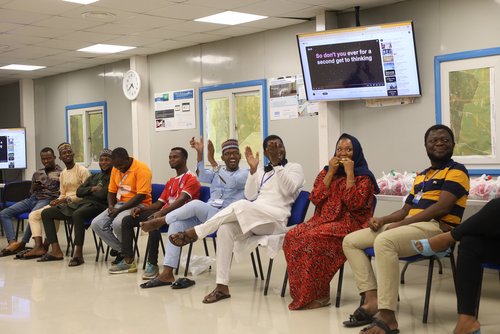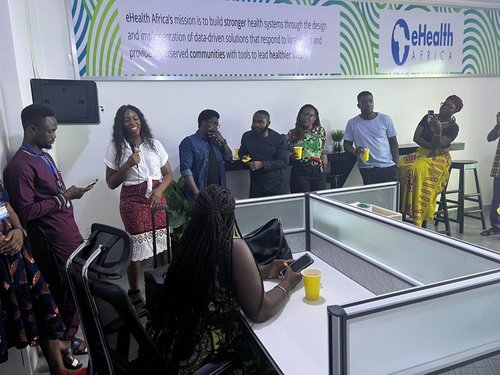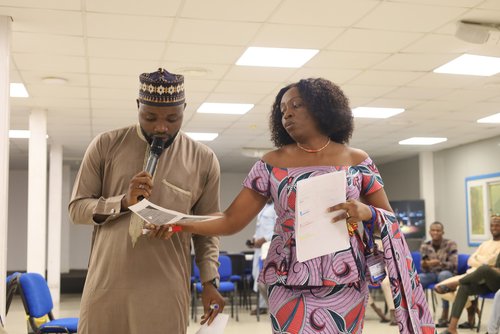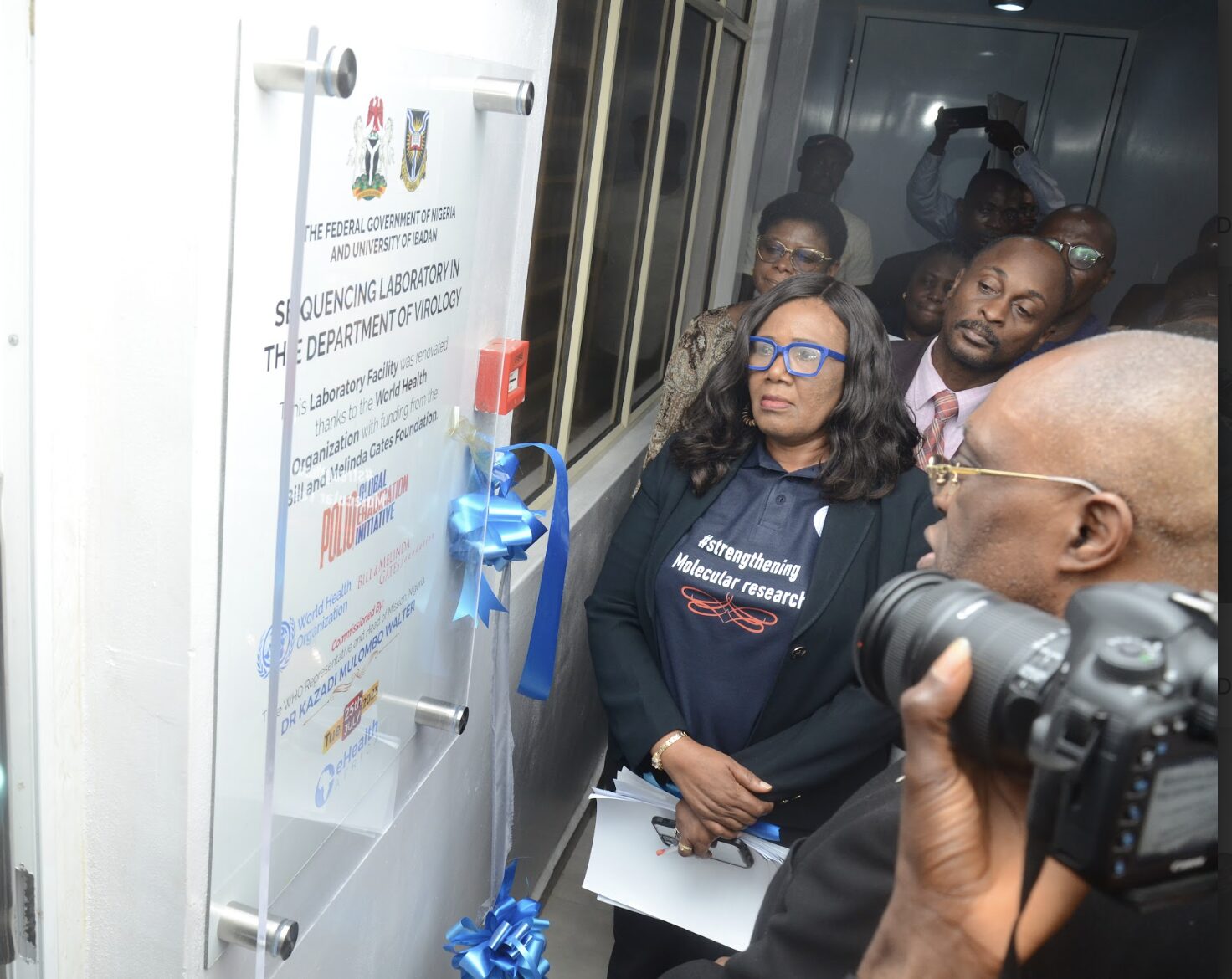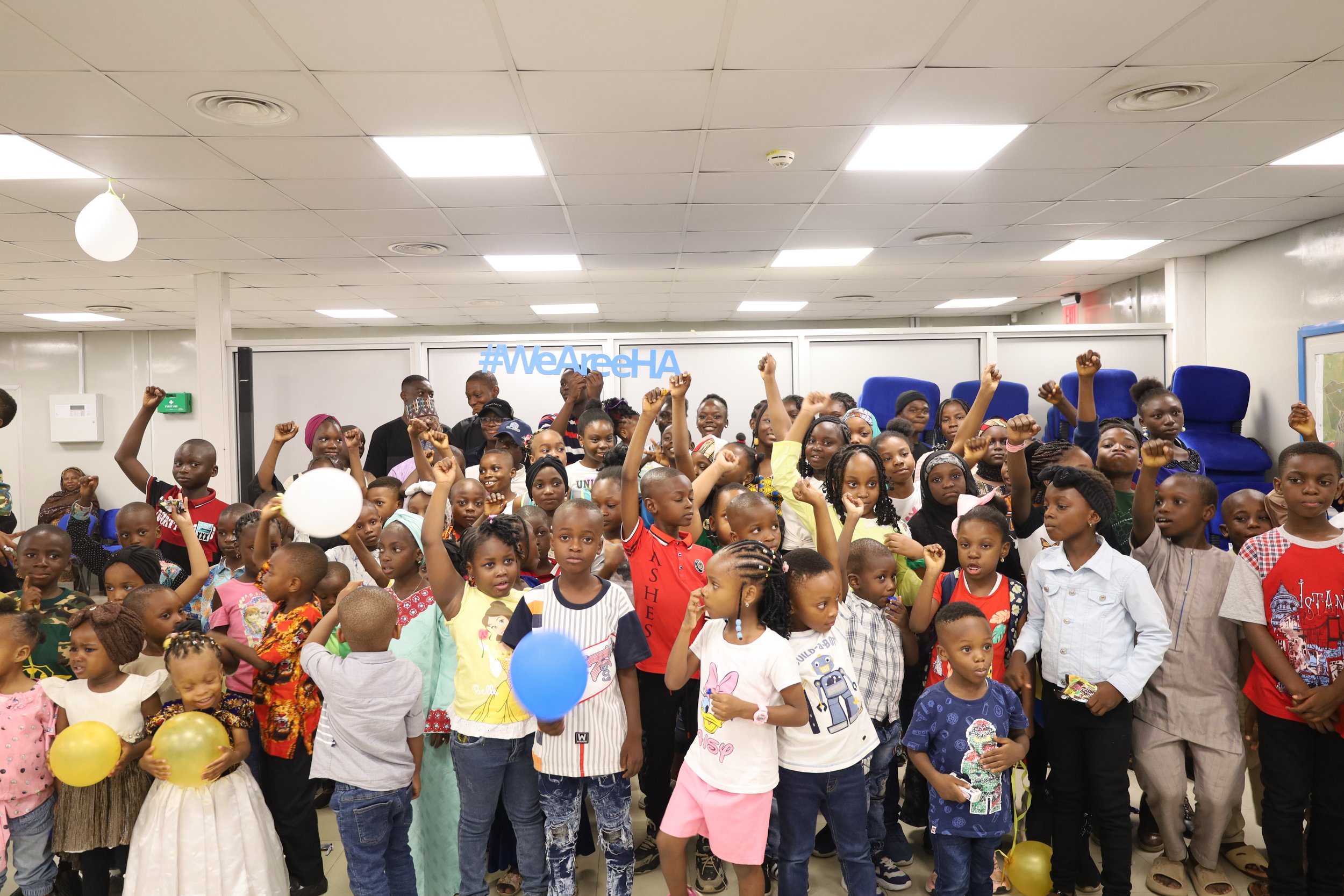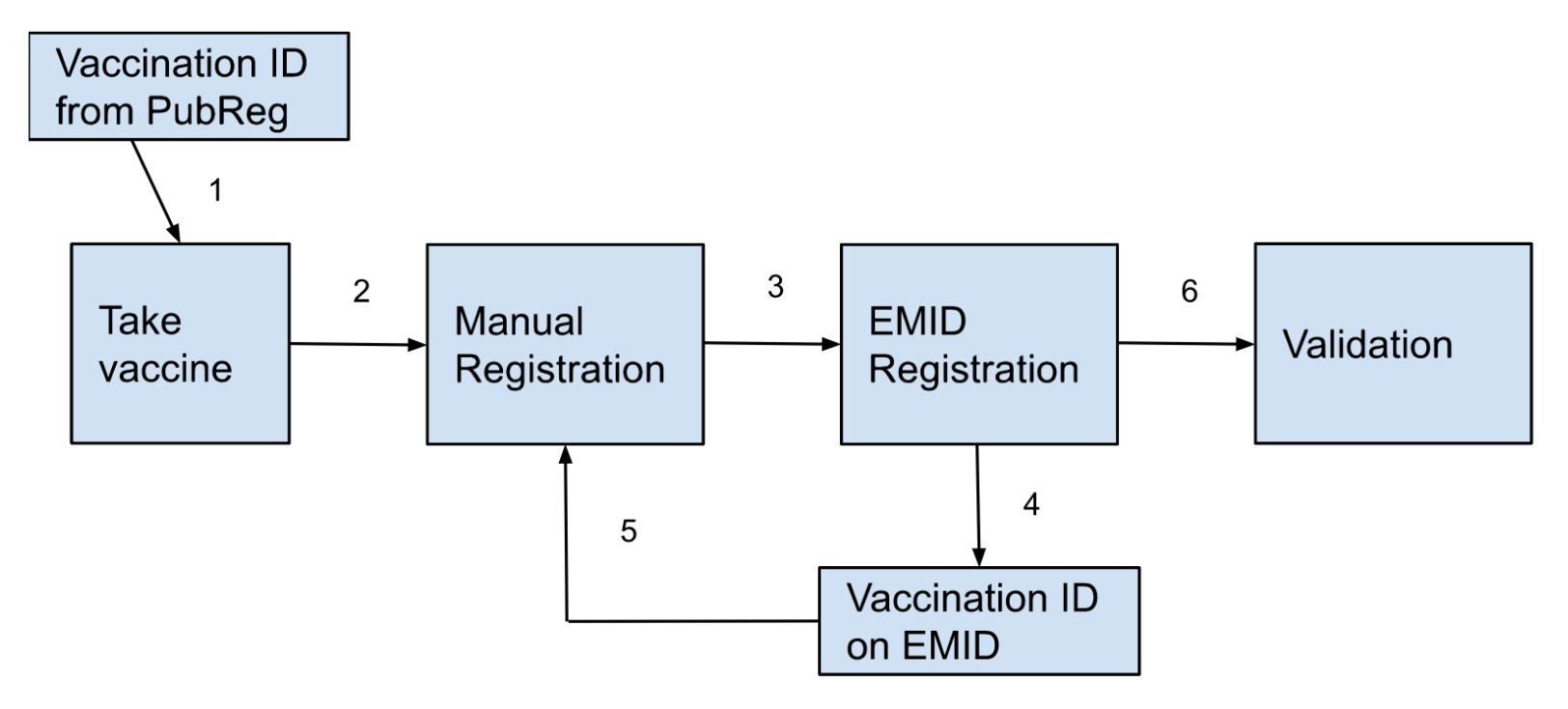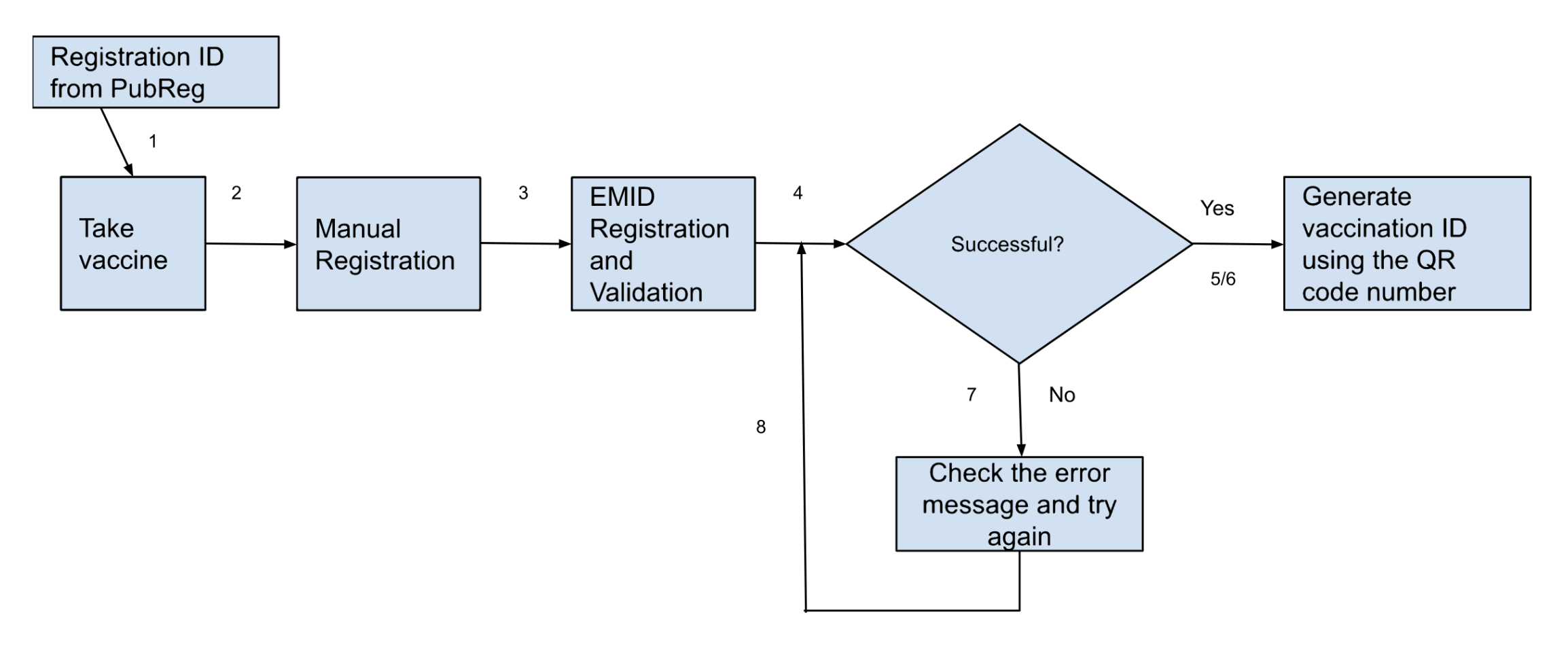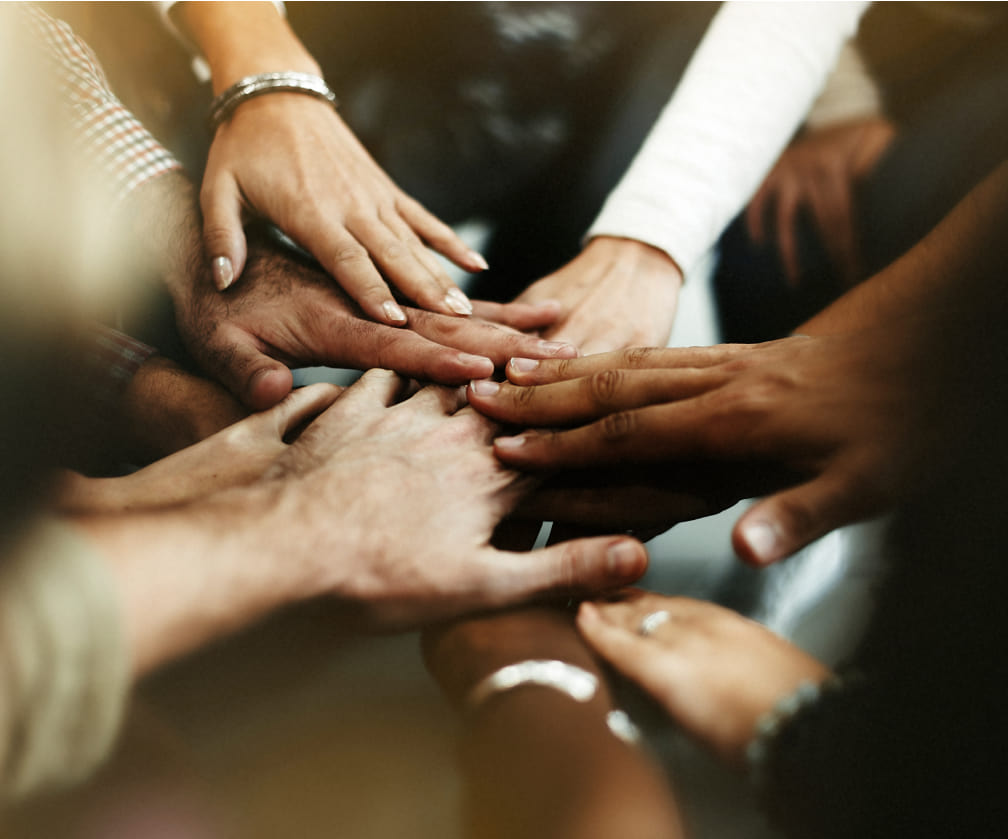According to the National Girls Collaborative Project (NGCP), women represent only 34% of the workforce in science, technology, engineering, and math (STEM), and in most STEM fields at the college level, men significantly outnumber women. The gender gap is particularly high in some of the fastest-growing and highest-paid jobs, like computer science and engineering. In recent times, in the ever-evolving world of technology, women are not just participating—they are leading, innovating, and reshaping the industry. To explore the dynamic contributions of women in Technology and Engineering, we spoke with a few trailblazers who are breaking barriers and paving the way for future generations. Their stories are as diverse as their roles, but they share a common thread of resilience, passion, and pioneering spirit.
This year, the Womenovate 2024 Women in Technology and Engineering Award spotlighted some remarkable women who exemplify excellence in their fields. Some of the distinguished recipients include; Blessing Emmanuel, Diligence Saviour, and Maduabum Ogochukwu Ifeatu, all from eHealth Africa. The Women in Technology and Engineering Summit and Awards, a prestigious event put together by Womenovate, celebrates the groundbreaking contributions of women who are revolutionizing the fields of Engineering and Technology. Womenovate is a platform that provides Nigerian women the resources to build amazing careers and businesses in science, technology, engineering, agriculture, and mathematics (STEAM) industries.
Working in tech, a field traditionally dominated by men can present unique challenges for women. However, the experiences of these women highlight resilience and determination. For Blessing Emmanuel, an IT Support, her tech journey was inspired by the joy she finds in helping others resolve technical issues. “The satisfaction that comes from helping others is immensely rewarding,” she remarked. According to Blessing, she has not faced any significant gender-based challenges in her career, crediting eHealth Africa’s inclusive culture. “I haven’t experienced any form of gender discrimination because I am a woman,” she said.
Diligence, on the other hand, shared an unsettling experience during the early days of her career when she had to climb a ladder to fix a surveillance camera. A passerby expressed outrage at seeing a woman performing such a task. “That situation unsettled me”, she shared. She used this experience as motivation to keep pushing forward in her career. She also recounted an incident where she was told after a job interview that the role was intended for a man. “I would have preferred a rejection email rather than telling me the reason why they didn’t want to hire me was because of my gender,” she reflected.
Diligence Saviour, a Business Application Coordinator, originally aspired to become a medical doctor due to her father’s influence, Diligence discovered her passion for computer science during her university years. “After my first year, I developed a passion for computer science and decided to continue in that field,” she explained. Diligence’s role at eHealth Africa involves managing critical software applications like Sage X3, which is used across all of eHA’s offices globally. Ogochukwu Ifeatu, who serves as a Technical Project Manager (Product Owner) at eHealth Africa, was drawn to her role by her love for managing new projects. “What attracted me to this role was the love of managing a new project from start to finish,” she shared. Ogochukwu’s career began during her IT days in school, where she worked with a small tech startup. The challenges she faced, particularly in debugging codes, were both daunting and exciting, sparking her passion for tech.
eHealth Africa implements policies and practices that address gender diversity. These include promoting gender equity in hiring, pay, and advancement, as well as actively working to dismantle racial and ethnic biases that affect gender inclusivity by prioritizing gender inclusion. These stories are a testament to the impact that dedicated and talented individuals can make in the world of technology and global health.
